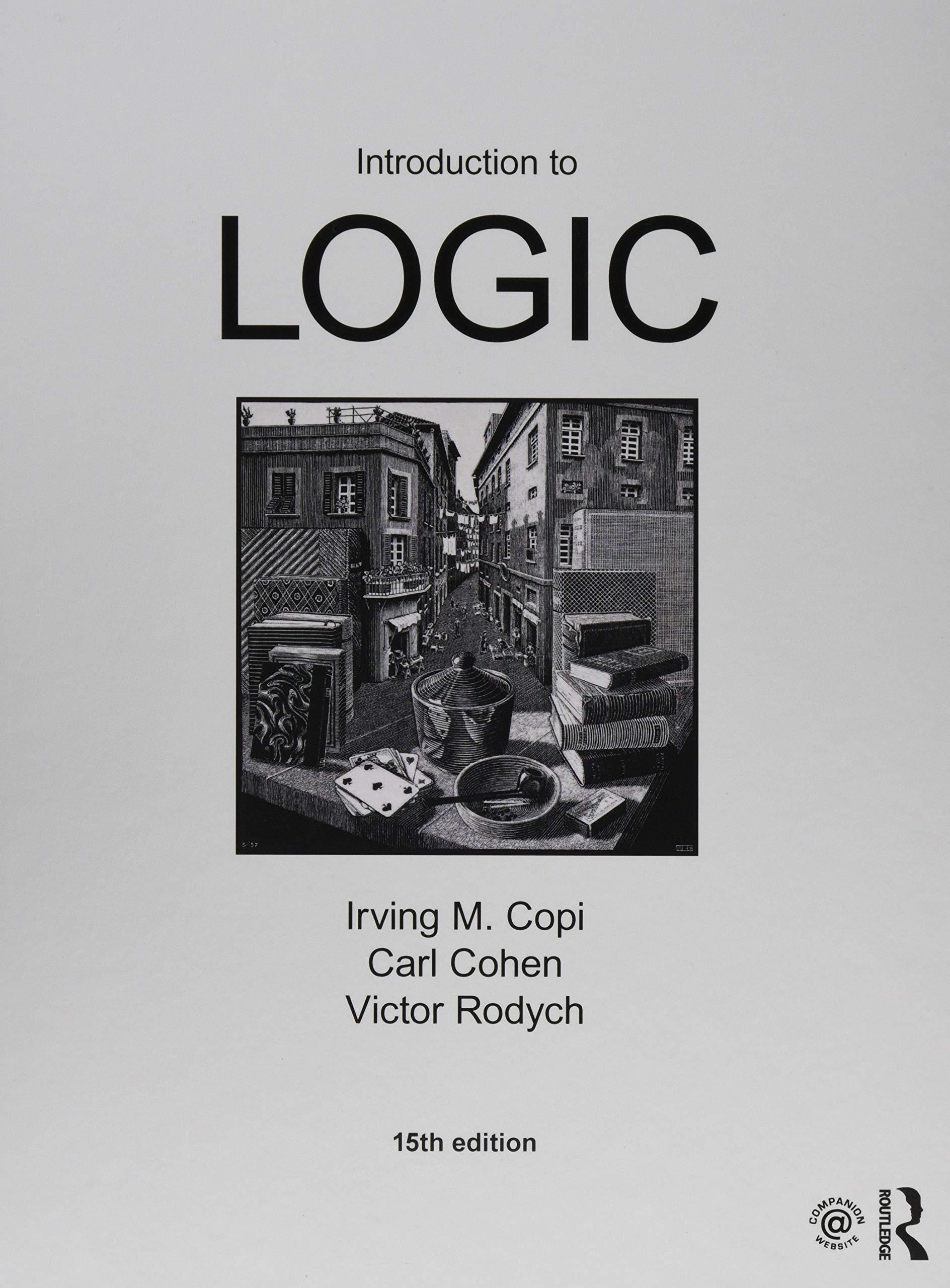Analyze each of the following reports, explaining the ways in which the method of difference has been
Question:
Analyze each of the following reports, explaining the ways in which the method of difference has been applied in the investigations recounted. Discuss the strengths and weaknesses of the method of difference as it is used in each case.
How critical is sleep to memory? Researchers at two universities, separately, conducted experiments in 2003 designed to determine how sleep affects our ability to remember. College-age people were trained to perform certain tasks and then tested to see how much they recalled in confronting such tasks after either a night’s sleep or several hours awake. “We all have the experience of going to sleep with a question and waking up with the solution,” observed one of the investigators, Prof. Danial Margoliash, of the University of Chicago. But does the sleep really help? It does, markedly. Not just as a matter of re-charge, but, the investigators found, because sleep rescues memories by storing and consolidating them deep in the brain’s circuitry. At the University of Chicago, subjects trained to understand murky speech on a voice synthesizer could regularly understand more words after a night of sleep than matched counterparts who were tested just hours after the training with no intervening sleep. And at the Harvard Medical School, one hundred subjects were trained to perform certain finger-tapping sequences that they were later asked, at various intervals, to repeat. The process of memory consolidation required one or two nights of sleep—after which the performance of the subjects improved substantially.
— Reported in Nature, 9 October 2003
Step by Step Answer:

Introduction To Logic
ISBN: 9781138500860
15th Edition
Authors: Irving M. Copi, Carl Cohen, Victor Rodych





